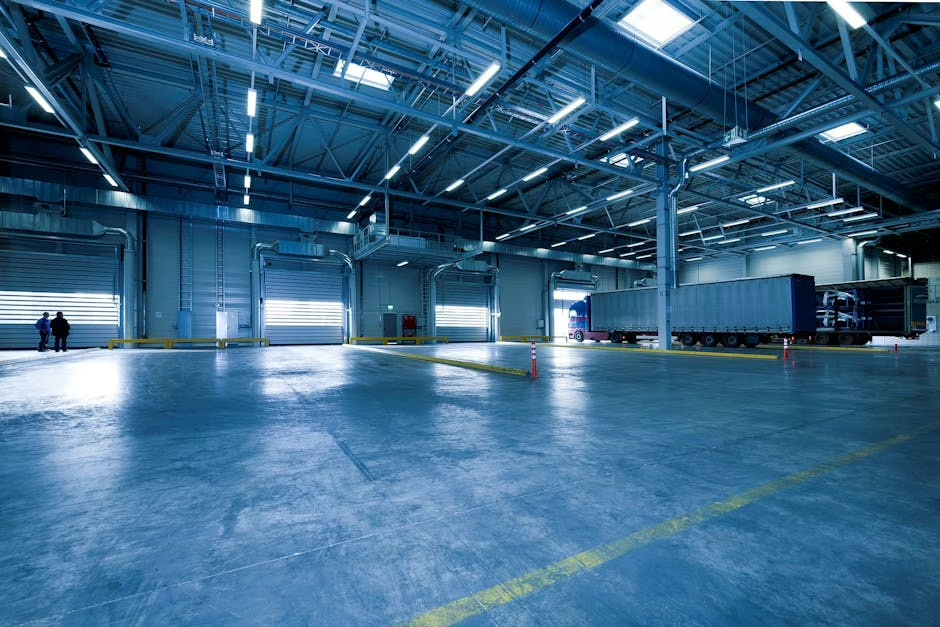The EU’s Clean Industrial Act: Navigating Global Competition and Technological Self-Sufficiency
Introduction
As global powers race to secure technological independence, the European Union’s Clean Industrial Act represents a strategic response to mounting pressures from international competitors, particularly China. This legislation aims to bolster European industrial capacity while addressing climate concerns, but investors and companies should be aware of its far-reaching implications.
China’s Push for Technological Self-Sufficiency
China’s aggressive moves toward technological self-reliance provide important context for understanding the EU’s industrial strategy. Recent developments indicate China is making significant strides in developing its own semiconductor supply chain domestically, a move that industry analysts describe as both “insane” and “extremely risky.”
Particularly notable is China’s progress in developing indigenous EUV (Extreme Ultraviolet) lithography machines, currently undergoing testing. These machines represent a critical component in advanced semiconductor manufacturing, an area where the West has maintained technological superiority.
China’s approach leverages its massive population and market size, with specialized manufacturing distributed across 10-12 provinces representing approximately 40% of China’s population (571 million inhabitants). This continental-scale economic strategy allows different regions to specialize in specific aspects of the supply chain.
The EU’s Response: Clean Industrial Act
The EU’s Clean Industrial Act can be understood as a direct response to China’s industrial policies. The legislation aims to:
1. Strengthen European industrial competitiveness in clean technologies
2. Reduce dependence on foreign suppliers in critical sectors
3. Accelerate the transition to a carbon-neutral economy
4. Protect European companies from unfair competition
For industries like shipbuilding, which has seen significant Chinese investment and expansion, the Act could provide crucial support. European cargo and ocean freight companies have warned that without intervention, China’s state-backed competitors could dominate global shipping within a short time frame.
Implications for Investors and Companies
Investors should carefully consider what the Clean Industrial Act means for their portfolios. Companies operating in affected industries face both opportunities and challenges:
Opportunities:
– Access to new funding and support mechanisms
– Potential protection from unfair competition
– Incentives for research and development in clean technologies
– Streamlined regulatory processes for priority projects
Challenges:
– Adaptation to new regulatory requirements
– Potential disruption of existing supply chains
– Uncertainty during implementation phase
– Possible retaliatory measures from trading partners
The Technology Race Beyond Manufacturing
Beyond traditional manufacturing, the global technology race extends to artificial intelligence and automation. While not directly addressed in the Clean Industrial Act, these technologies will shape industrial competitiveness in the coming years.
Recent advancements in AI voice models, humanoid robotics, and agentic AI systems demonstrate how quickly technology is evolving. Companies that can effectively integrate these technologies while navigating the new regulatory landscape will be best positioned to succeed.
Looking Ahead
The EU’s Clean Industrial Act represents just one component of a broader global realignment of industrial policy. As China continues its push for self-sufficiency and technological independence, and as AI transforms manufacturing processes, European companies will need to adapt quickly.
Those who understand the Act’s provisions and align their strategies accordingly will be better positioned to navigate these changes. For investors, this period of transition presents both risks and opportunities that require careful evaluation.
The coming years will likely see further policy developments as the EU refines its approach to industrial competitiveness in an increasingly fragmented global economy. Companies should stay informed and maintain flexibility as this new industrial landscape takes shape.
Sources
- China’s domestically developed EUV machine is currently undergoing testing – Reddit Singularity
- China is basically trying to produce the entire semiconductor supply chain domestically – Reddit Singularity


